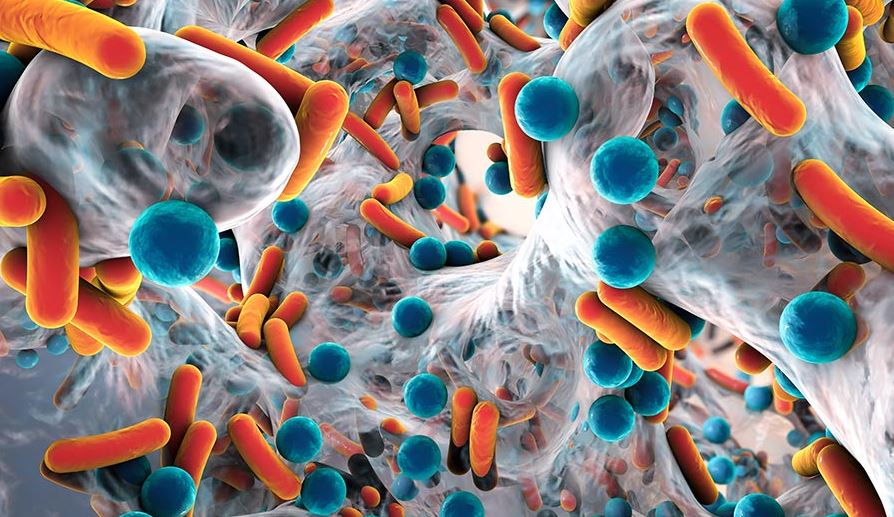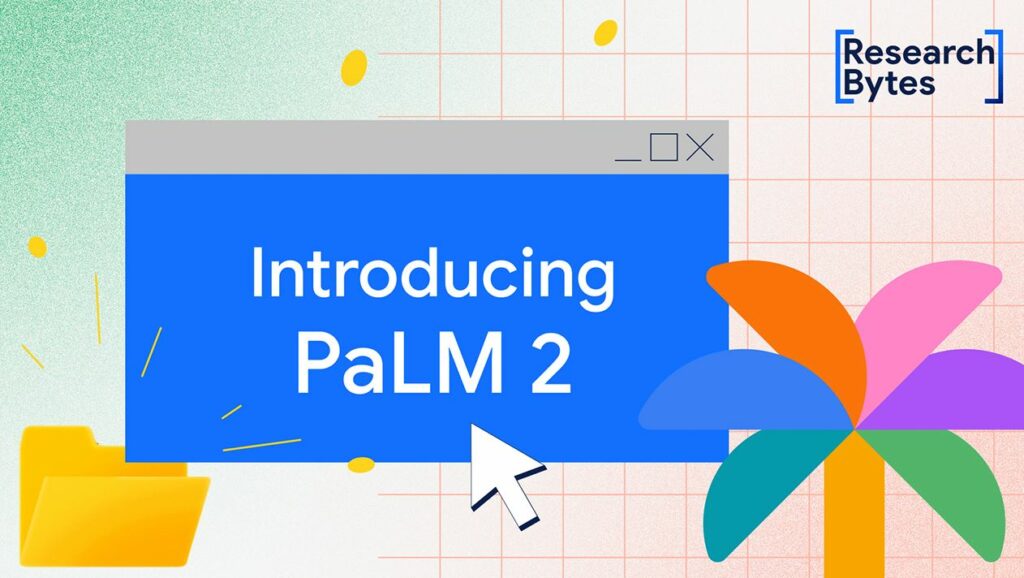 BacterAI, an artificial intelligence platform developed by researchers at the University of Michigan, has demonstrated its remarkable ability to autonomously conduct a staggering number of scientific experiments, potentially revolutionizing various industries. With the capacity to perform up to 10,000 experiments per day, this breakthrough technology could have profound implications for fields such as medicine, agriculture, and environmental science.
BacterAI, an artificial intelligence platform developed by researchers at the University of Michigan, has demonstrated its remarkable ability to autonomously conduct a staggering number of scientific experiments, potentially revolutionizing various industries. With the capacity to perform up to 10,000 experiments per day, this breakthrough technology could have profound implications for fields such as medicine, agriculture, and environmental science.
The successful application of BacterAI in mapping the metabolism of oral microbes marks a significant step forward in understanding bacterial growth and its impact on human health. By precisely identifying the amino acid requirements for the growth of beneficial oral bacteria, this AI platform opens up new possibilities for reengineering our microbiome, a prospect that holds tremendous promise for personalized medicine and targeted therapies.
The potential of BacterAI extends beyond microbiology, as researchers from diverse fields can leverage its trial and error approach to solve complex problems. This presents exciting opportunities for accelerating scientific discoveries and streamlining research processes across various domains.
In the field of medicine, BacterAI’s ability to rapidly determine the specific amino acid combinations required for bacterial growth could revolutionize the development of antibiotics and probiotics. By understanding the metabolic needs of pathogens and beneficial bacteria, researchers can design more effective treatments and interventions to combat infectious diseases and enhance human health.
Agriculture stands to benefit greatly from BacterAI as well. The platform’s capability to decipher the optimal growth conditions for microbes could optimize agricultural practices, leading to improved crop yields, enhanced soil health, and reduced reliance on chemical fertilizers and pesticides. This could pave the way for sustainable and environmentally friendly agricultural systems, addressing the challenges of feeding a growing global population while minimizing the impact on natural resources.
In the realm of environmental science, BacterAI’s automated experimentation could facilitate breakthroughs in understanding microbial processes in various ecosystems. This could provide valuable insights into the ecological balance, nutrient cycling, and environmental impacts of human activities. Such knowledge could inform conservation efforts, ecosystem restoration projects, and strategies for mitigating pollution and climate change.
The remarkable capabilities of BacterAI offer a glimpse into the future of AI-powered innovations. As AI technologies continue to advance, there is great potential for them to augment human capabilities in scientific research, enabling us to unlock new frontiers of knowledge and address pressing challenges across multiple industries.
While it is important to approach these advancements with caution and consider the ethical implications, the collaboration between AI systems like BacterAI and human researchers holds immense promise. By harnessing the power of AI to accelerate scientific discovery and augment human expertise, we can make significant strides towards a brighter and more sustainable future.














